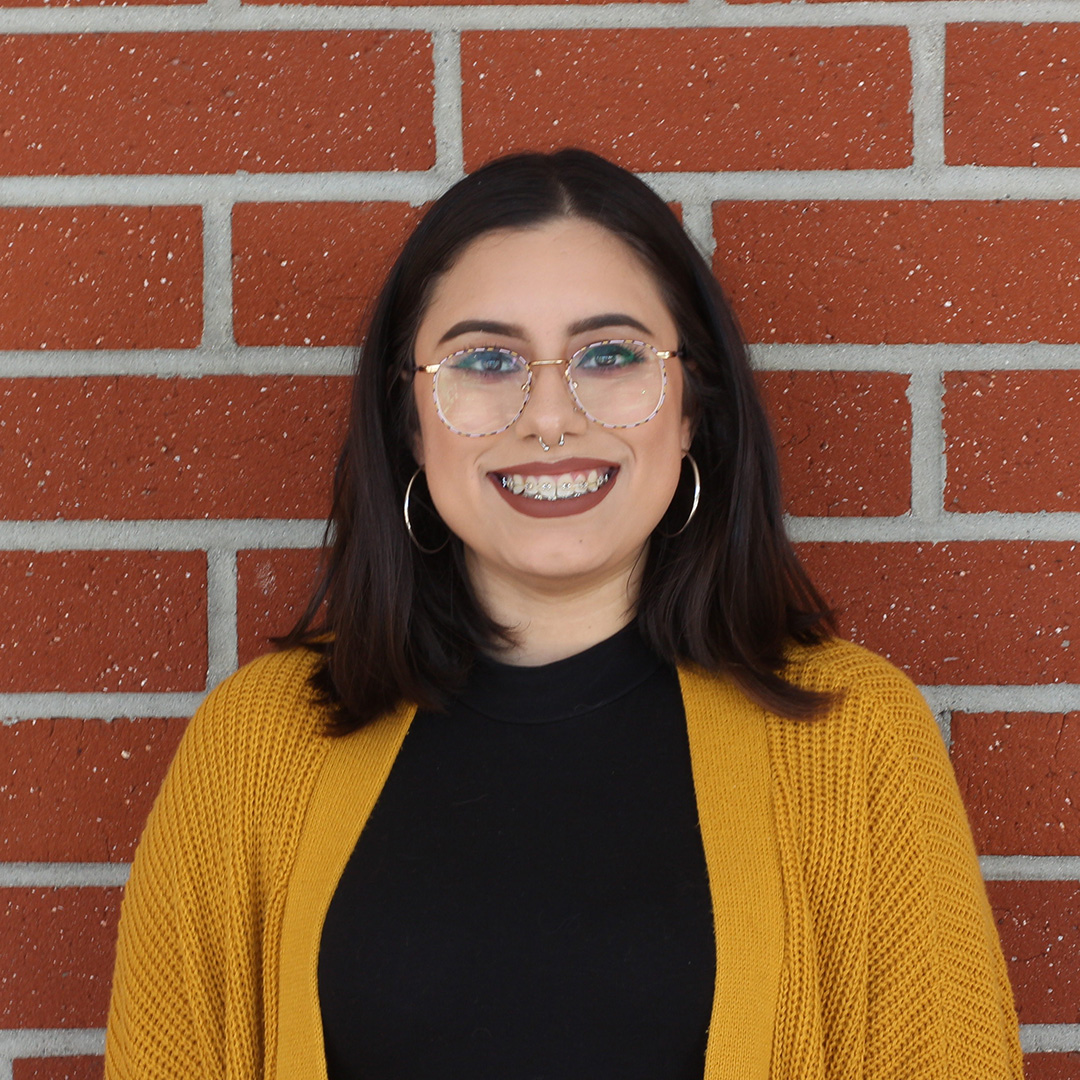On Friday, Oct. 13, California Governor Jerry Brown signed a bill that will potentially make college free for first time college students. The AB 19 bill, also known as the California College Promise, was authored by assembly member Miguel Santiago, and paves the way to waive tuition fees for the first year of community college for first-time students, regardless of their income.
According to an article in the Los Angeles Times on Oct. 25, Santiago said, “Community college changed my life. It gave me choices and opportunities and it opened doors. I know free community college will change the lives of Californians.”
The bill takes place after a number of states, such as New York, Oregon, Tennessee and Rhode Island, have approved plans for similar legislation. According to the bill, the legislation’s goals are to increase the number of high school students who attend college directly from high school, to increase the percentage of students who earn an associate’s degree, and to reduce regional achievement gaps with students who are low-income, undocumented, have disabilities, and have been incarcerated.
The California community college system is already one of the largest and most affordable programs in the country. Currently, the state charges residents $46 per unit, or about $1,100 to $1,400 annually for full-time students.
However, the first year of attendance will not be completely free. Students will still have to pay additional fees that the college charges, such as healthcare, transportation, student activities and other fees. To be eligible to receive a free year’s worth of education, residents must be a full-time student, enrolling into 12 units or more. In addition, they must submit a Free Application for Federal Student Aid FAFSA or a California Dream Act application.
April Lopez, 23, fire science major, currently is not eligible for the BOG waiver or FAFSA.
“I think it’s fair because regardless of what you put as an income. Sometimes Financial Aid thinks it’s enough income and you don’t even up qualifying, even if you’re struggling,” Lopez said. “I think it’s great that they want to at least give a year free, that way for first time students it helps them get on their feet and figure out what they want to do.”
Cities like San Francisco have recently adapted to a tuition-free program. Their community college programs are free for all city residents regardless of how long students have been attending college and how many units they are enrolled in.
The Department of Finance opposes the bill, as it is set to cost the state roughly $30 million and voiced that the bill is giving financial aid to students who do not need it. AB 19 currently has no funding mechanism. Negotiations to fund the California College Promise will start with the 2018 – 2019 budget process set to begin early next year.



